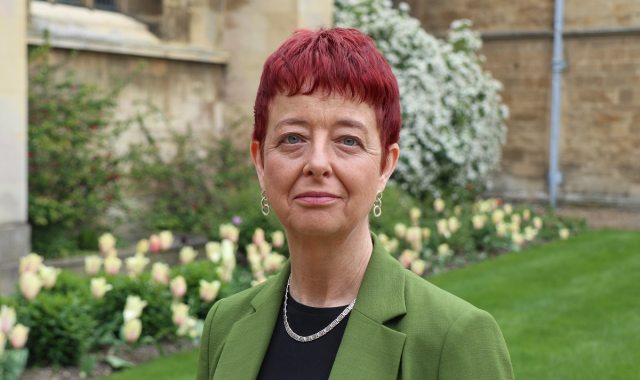Essay on anti-slave trade law in Brazil awarded prize
- 10 June 2019
- 2 minutes
An essay examining the archival records of the Auditoria Geral da Marinha – the Brazilian ‘Auditor General of the Navy’ that resulted in a law against the Brazilian slave trade in 1850 – has been awarded this year’s Morris L. Cohen Student Essay Prize.
The essay, authored by Caius PhD Student Jake Richards, argued that the Auditoria’s verdicts deterred slave-trading, helping to end the Brazilian slave trade – the largest transatlantic slave route by volume in the nineteenth century – by 1856. However, Jake explains, “The court also constrained the testimony it received from slaves to prevent their voices reaching the thousands of slaves who had been illegally trafficked to Brazil before them. It also interpreted its jurisdiction over the high seas, coastal waters, and coastal lands in unpredictable ways, producing social tensions with slave-owners whose landed estates bordered the sea.”
Jake examined the Auditoria’s legal archive during his research. He said, “The Auditoria's legal archive contains an incredible range of documents - testimony by naval officers, by slave ship crewmembers, occasionally by enslaved people, as well as records about the slaves' physical appearance and languages they spoke, and 'expert' testimony about the construction of slave ships.”
Now in the final year of his PhD, Jake’s research is on the implementation of anti-slave trade and anti-slavery laws in comparative perspective. “There has been a lot of historical interest in the intellectual, cultural, and economic reasons for abolition. However, interest in actual practices, such as establishing new courts, signing anti-slave-trade treaties, and authorising state agents to capture slave ships, is relatively recent,” said Jake. In 2017, Jake was awarded the prestigious DC Watt Prize for his research on the legal history of ‘liberated Africans’ in the south Atlantic. He received a Fulbright scholarship to spend the 2016-17 academic year as a visiting Fellow in the Department of African and African-American Studies at Harvard University. The Morris L. Cohen prize, which is open to students currently enrolled in accredited graduate programmes in library science, law, history, and related fields, will allow Jake to present his paper in a webinar later this year.
Speaking of how Caius has supported him through his PhD, Jake said, “As well as my supervisor, Sujit Sivasundaram, Caius is fortunate to count Bronwen Everill as a Fellow. Both are experts in thinking comparatively, even globally, about the processes that underpin my doctoral thesis such as imperial law-making, oceanic trade, and forced labour. Both have helped me with the direction of my thesis in general, and in particular both encouraged me to write this chapter earlier this year.”
Image: The Valongo slave trade wharf in Rio de Janeiro


